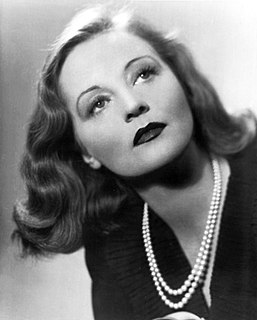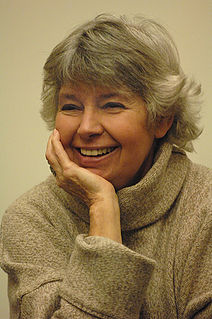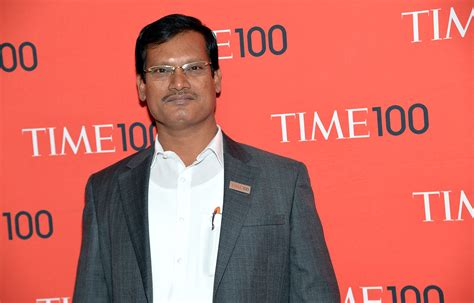A Quote by Tallulah Bankhead
My father warned me about men and booze but he never said anything about women and cocaine.
Related Quotes
In the South you are ashamed of being a virgin. Boys. Men. They lie about it. Because it means less to women, Father said. He said it was men invented virginity not women. Father said it's like death: only a state in which the others are left and I said, But to believe it doesn't matter and he said, That's what's so sad about anything: not only virginity and I said, Why couldn't it have been me and not her who is unvirgin and he said, That's why that's sad too; nothing is even worth the changing of it.
Even when I became cognizant of this societal problem in this country, I asked my father and my mother if they knew anything that had been passed on to them, about slavery, and my father was very reticent about it. He often said, "No, I don't know anything about it, and it was bad, it was awful and it's over and we want to get on with our lives."
Some men and women are inquisitive about everything, they are always asking, if they see any one with anything they ask what is that thing, what is it you are carrying, what are you going to be doing with that thing, why have you that thing, where did you get that thing, how long will you have that thing, there are very many men and women who want to know about anything about everything.
I don't believe you know anything about a man like me or a country like this. It takes rough men, Miss Fair, to tame a rough country; rough men, but good men. Your father is in that class. As for you, I don't think you'd measure up, and you'll do well to leave it. You're a hothouse flower, very soft, very appealing and very useless...In the world you are going to, men want pretty useless women. They want toys for their lighte moments, and we have those women out here, too, only we have another name for them. We want women who can make a home, and if need be, handle a rifle.
I used to see a lot of cocaine. There were journalists who used cocaine and didn't write about it and I didn't write about it. I would never do drugs, so I would always get the same response from people: "Smart kid, more for me." Whether it was a joke or sincere or both, but I was just happy not to be in there partying with the band like some of these other journalists.
One of my mentors was Patricia Schroeder, and one night she came to me on the floor and she said to me, "Why are we sitting in Congress, when a lot of women would try to do it and couldn't? Why are we here and others aren't?" And I thought back and said it was because my father believed in me and she said the same thing, she said her father believed in her and thought she could do anything.




































